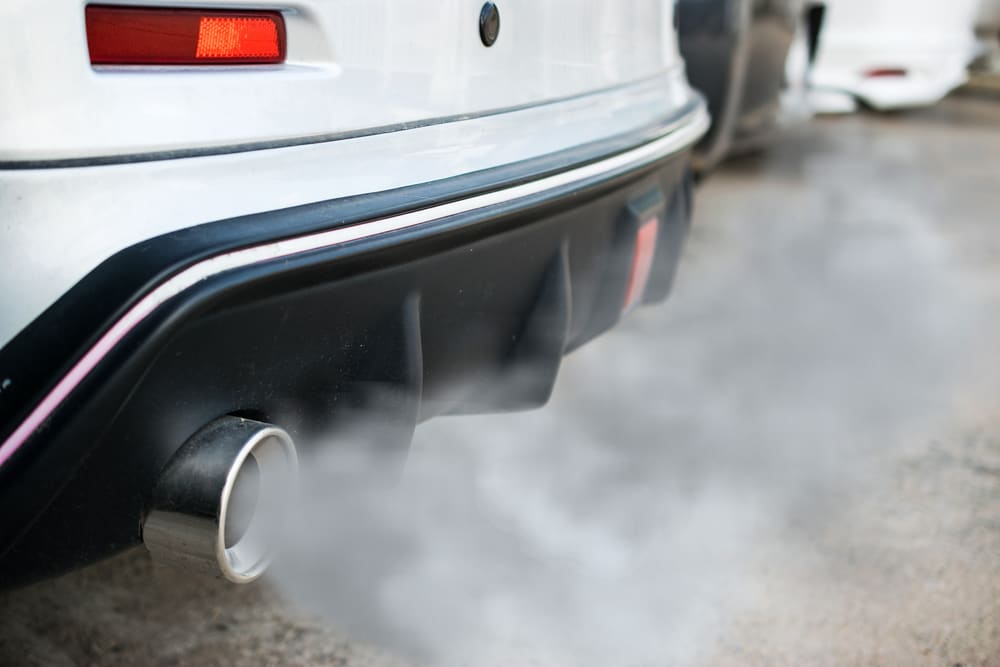After the Government published its new draft clean air plan at the start of May, there was a sharp intake of breath in some quarters around its proposals to tackle dirty air.

These include a possible “targeted” car scrappage scheme to take older diesel and petrol cars off the road and pay drivers to move to electric vehicles; as well as retrofitting lorries, buses and black cabs with devices that would limit their emissions and deliver cleaner air.
Another option is to set up clean air zones. The Government highlights the fact that 40 in cities and towns across the country are expected to persistently exceed safe levels of nitrogen dioxide (NO2), which is produced by diesel engines and linked to a range of respiratory diseases.
While the opposition parties and green campaigners have been getting all hot under the collar around the plan, closer to home at Grundon, we’ve already been making great strides in ensuring our own vehicles are more environmentally-friendly.
In 2014, we became the first of the major waste industry players to be awarded CarbonNeutral® fleet certification for all our road-going vehicles and at the start of this year, we extended the programme for a further year, committing to reducing all greenhouse gas emissions from its vehicles to net zero.
It means that not only are all our Grundon vehicle journeys carbon neutral, they also avoid adding to customers’ carbon footprint.

At the same time, we’ve invested in internal initiatives to reduce carbon emissions for our vehicles, spending £7 million on 44 new environmentally-friendly vehicles with the latest leaner, cleaner Euro VI engines.
As a result, we’ve increased the number of miles our vehicles can drive per gallon and our drivers now go through a Safe and Fuel Efficient Driver Training course, helping to further increase fuel efficiency still further.
While we must all applaud the drive towards cleaner air – after all, no-one wants their children to grow up breathing toxic air – it’s also worth noting that for some organisations such as ourselves, the winds of change are already here.






Subscribe for free